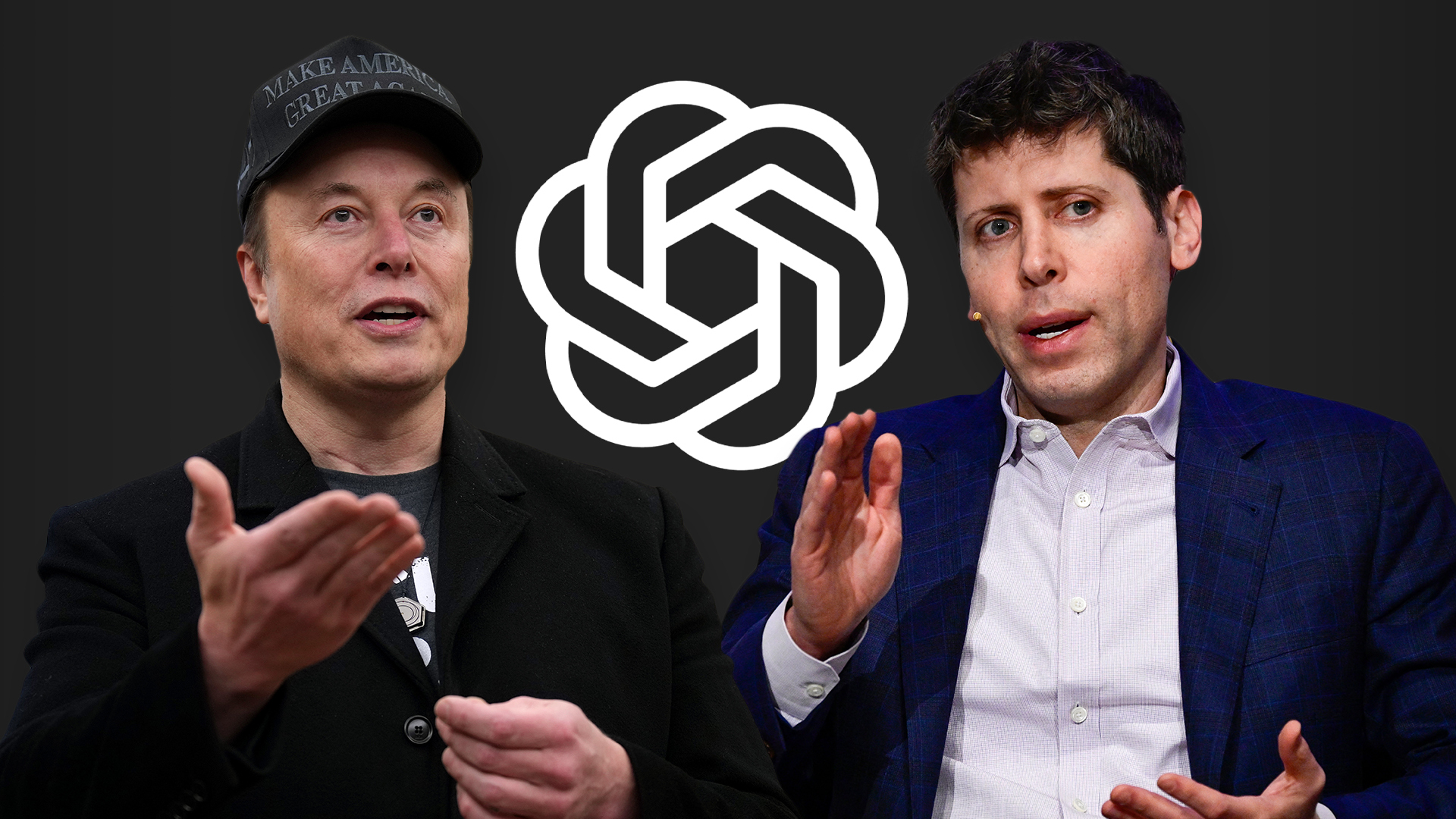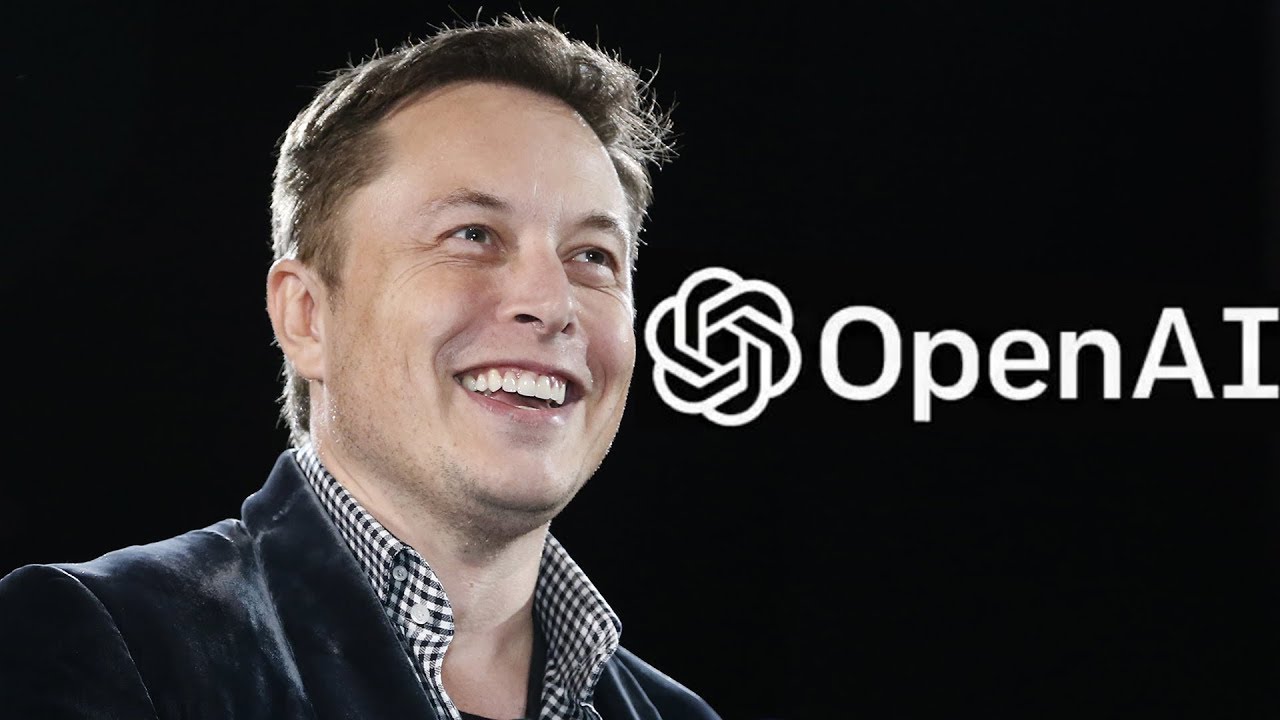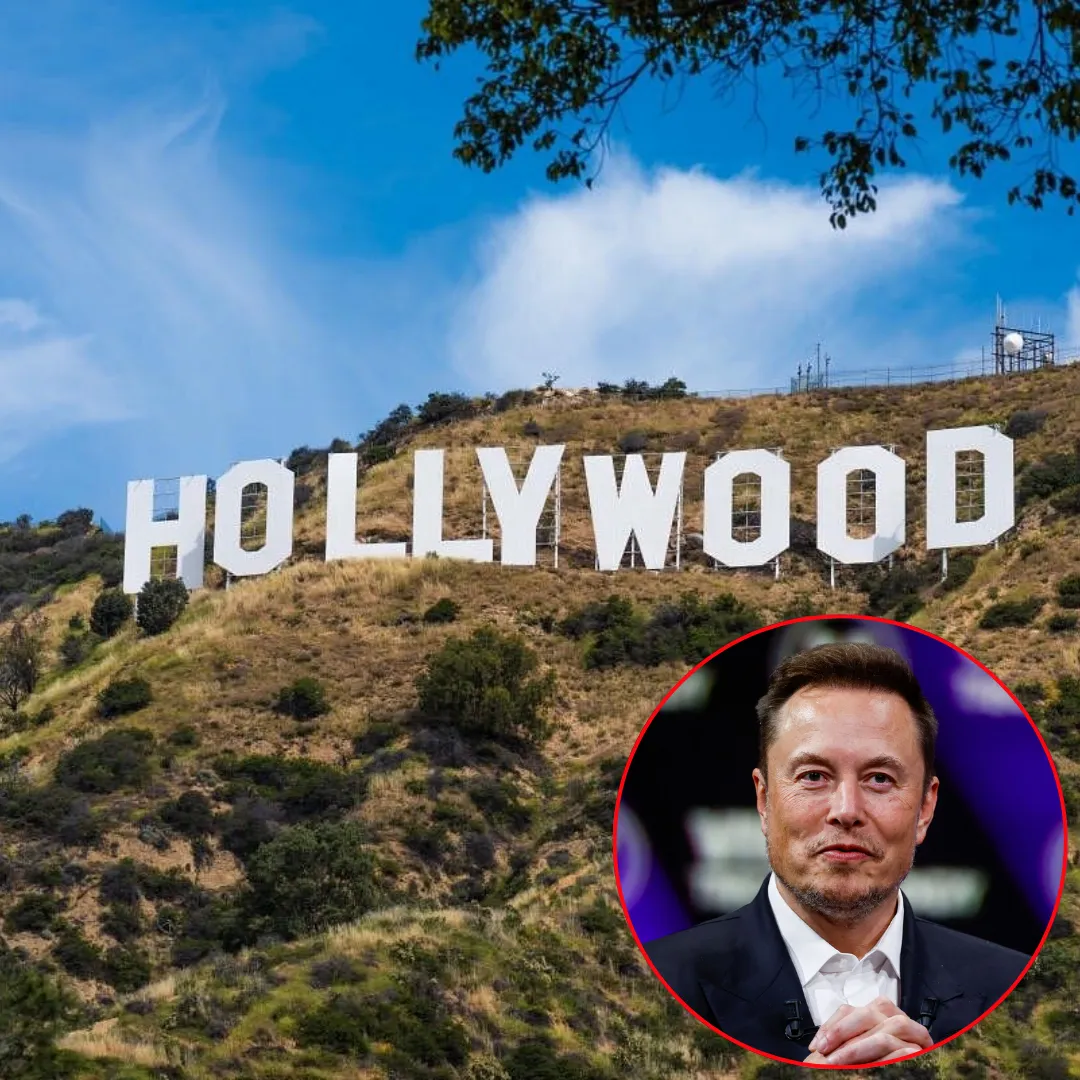
The escalating conflict between Elon Musk and OpenAI has quickly become more than just a legal dispute. It is emerging as a defining confrontation over who will hold the reins of artificial intelligence in the years to come. What began as a shared vision to develop AI safely and transparently has devolved into a power struggle between one of the most influential figures in technology and an organization he helped create, then turned against.
Musk was once a founding member of OpenAI, a company established in 2015 with the ambitious mission of developing artificial general intelligence (AGI) in a way that would benefit all of humanity. In its earliest days, the initiative carried an idealistic tone: to keep AI open, accessible, and safe, away from the monopolizing forces of Big Tech.
But in the years that followed, the landscape shifted dramatically. Musk left the organization in 2018 amid internal disagreements, reportedly over its direction and strategy. Since then, he has become one of its most vocal critics, repeatedly accusing OpenAI of betraying its founding principles.
OpenAI, for its part, has not remained silent. In a move that shocked the tech world, the organization filed court documents accusing Musk of using his influence and visibility to harm its reputation and operations.
The allegations claim that Musk is actively trying to damage OpenAI’s credibility, obstruct its partnerships, and even absorb the company by way of an unsolicited acquisition offer reportedly valued at nearly $100 billion. These actions, according to OpenAI, stem not from genuine concern about ethics or safety, but from a desire to dominate the future of artificial intelligence.

The timeline of this fallout is as important as the substance. In the years since Musk’s departure, OpenAI has undergone a major transformation. It has shifted from a nonprofit structure to a for-profit capped model, partnered closely with Microsoft, and emerged as the leading force behind ChatGPT—one of the most widely used AI systems on the planet.
These developments have sparked praise and criticism alike. Some see the evolution as a pragmatic step toward scaling innovation. Others, like Musk, see it as a betrayal of the organization’s original promises.
Musk’s counterattack has taken multiple forms. He filed a lawsuit earlier this year accusing OpenAI and its leadership of abandoning the founding mission. He argued that the partnership with Microsoft, in particular, has turned OpenAI into a commercial enterprise driven by profit, not the public good.
He has also launched a competing venture, xAI, which promises to build a “maximally truth-seeking AI” free from corporate influence and ideological bias. The messaging is clear: Musk believes OpenAI has lost its moral compass—and he intends to build an alternative that doesn’t.
But OpenAI’s response is equally forceful. The organization’s filings suggest that Musk’s behavior is not motivated by principle but by control. The company claims that Musk attempted to assert dominance over its board in the early days, demanded majority equity, and proposed merging it with Tesla’s AI division. When those efforts were rejected, the filings argue, Musk withdrew support and began a multi-year campaign to delegitimize the organization from the outside.

This conflict is playing out not just in the courtroom but in the public sphere. On platforms like X (formerly Twitter), Musk and OpenAI CEO Sam Altman have traded jabs, memes, and thinly veiled criticisms. The tone has at times veered into the absurd—Musk mocking Altman with edited images, Altman responding with ironic detachment—but beneath the banter lies a very real ideological divide.
One man believes in a future where AI is open and aligned with the public good. The other believes that current institutions cannot be trusted to protect that ideal and must be replaced.
At stake is more than pride or intellectual disagreement. The winner of this conflict will shape not only the trajectory of two organizations but the very framework within which AI is developed, regulated, and deployed worldwide.
The battle highlights a deeper question: should AI be governed as a public resource, or is it inevitably a product of private enterprise? If AI becomes the most powerful force on the planet—as many experts predict—then who controls its development becomes a matter of existential importance.
The legal battle has already begun to draw commentary from regulators, ethicists, and investors alike. Some fear that the dispute could destabilize confidence in the AI sector at a moment when the technology is rapidly evolving and still lacks robust regulatory oversight.
Others argue that the conflict is a healthy reckoning, forcing long-overdue debates about power, transparency, and accountability.

Yet what makes this story especially compelling is how personal it has become. This is not just a war between corporations or boards of directors. It is a war between individuals who once stood side by side in pursuit of the same vision.
Musk and Altman are not just technologists—they are symbols of two competing futures. One is fiercely independent, skeptical of centralization, and animated by an almost mythic sense of mission. The other is collaborative, pragmatic, and focused on balancing innovation with institutional partnership.
In many ways, their falling-out reflects a broader fracture within the tech industry itself. As AI advances faster than most governments can comprehend, the people building it have begun to split into camps.
One believes that the only way to guide AI safely is through collective action and governance. The other believes that only visionary individuals—unconstrained by bureaucracy or market politics—can steer us away from catastrophe.
What remains to be seen is whether either vision is truly viable. OpenAI is now deeply embedded within Microsoft’s ecosystem, raising legitimate concerns about platform dependency and data concentration.
Musk, meanwhile, has proven brilliant at disruption but inconsistent when it comes to long-term collaboration. Both sides have flaws. But in a world increasingly dependent on algorithms, data infrastructure, and cognitive automation, the real danger may lie in the absence of trust.

No matter the legal outcome, this feud marks a turning point. The age of academic AI, guided by consensus and open papers, is giving way to an era of corporate conflict, geopolitical stakes, and billion-dollar valuations. What began as a philosophical difference about AI’s role in society is now a struggle for dominance over its future.
The public, for now, watches from the sidelines—excited, confused, and perhaps a little afraid. This is no longer a conversation about code. It is a conversation about control. And in that sense, the battle between Elon Musk and OpenAI may be the first true political conflict of the algorithmic age.
-1747968362-q80.webp)
-1742617230-q80.webp)
-1747897575-q80.webp)
